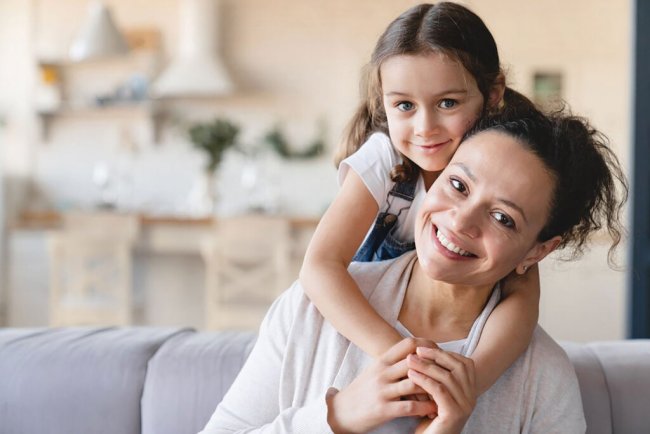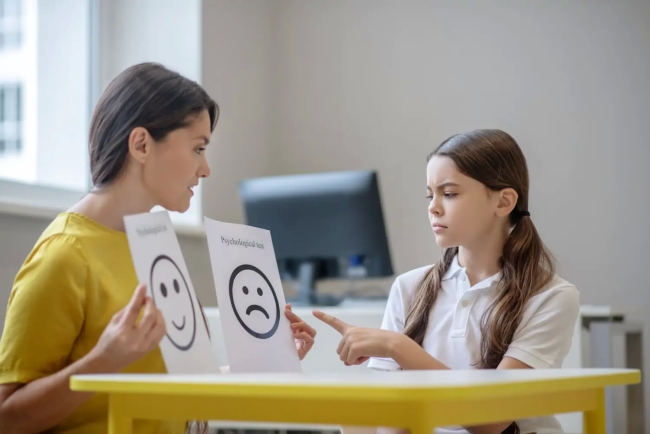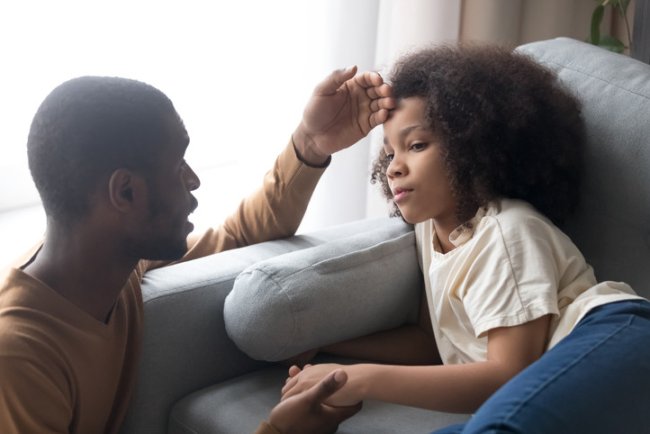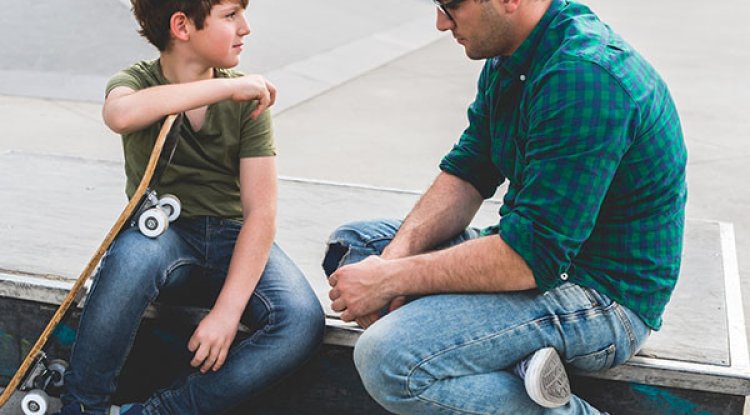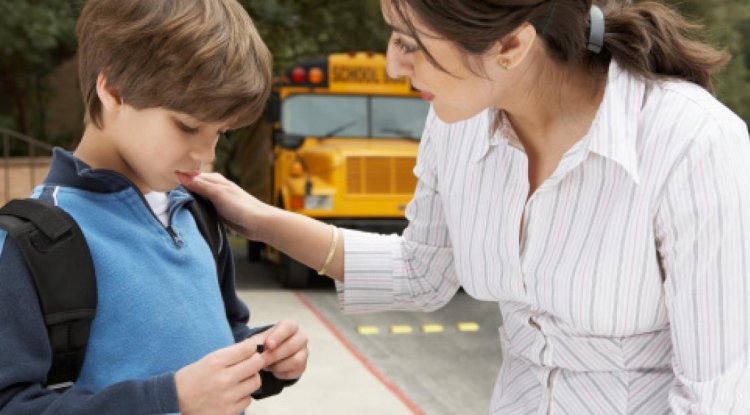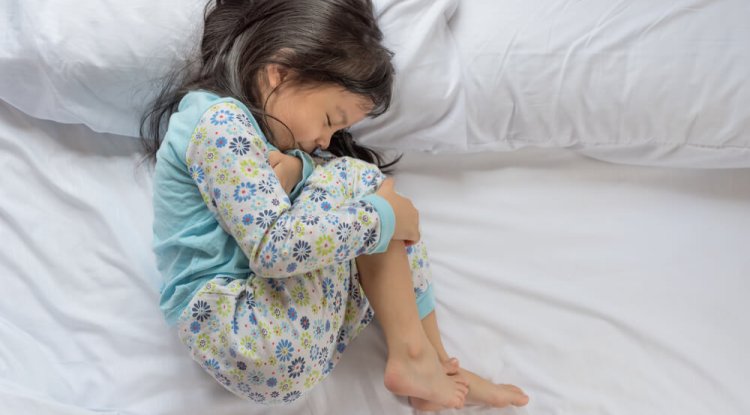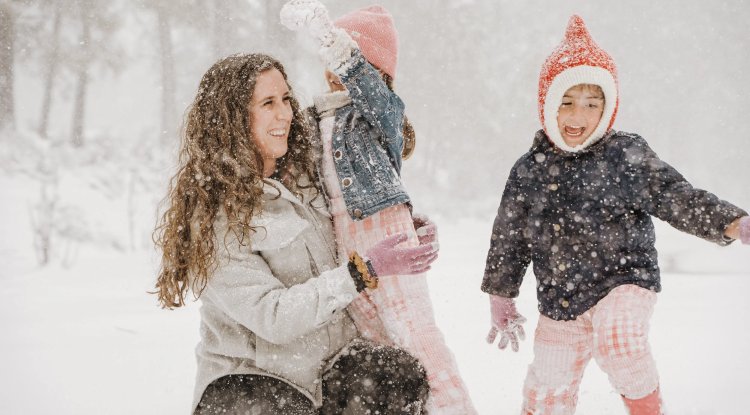Helping Young Children Cope with Pandemic Changes: A Gentle Guide for Parents
It’s a comforting myth to believe that babies, toddlers, and preschoolers are somehow untouched by the pandemic chaos—that because they’re so young, they simply don’t notice. But any parent who’s seen their child burst into inexplicable tears or become suddenly clingy knows the truth: little ones do feel the shift. They just don’t have the words—or the brain development—to make sense of it.
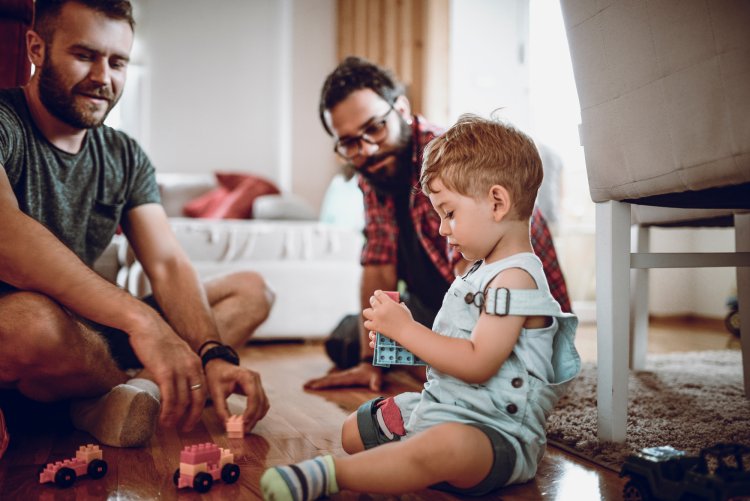
Even in households where the changes seem positive (say, both parents now work from home), disruption is disruption. And for small children whose understanding of the world revolves almost entirely around the people who care for them, those emotional tremors can be profound. If you’re noticing your child is more irritable, not sleeping well, acting out, or suddenly wants to be glued to your side 24/7—you’re not alone.
This is hard. There’s no magic phrase, no one-size-fits-all parenting hack. But there are gentle, consistent strategies that can help your child feel safer, more grounded, and a little more at peace.
1.Talk to Them—But on Their Level

No, your 2-year-old doesn’t need a TED Talk on global virology. But they do deserve an explanation. Why can’t we go to the park? Why aren’t we visiting Grandma? Why are you crying in the kitchen again?
The best approach is to keep things simple, honest, and surprisingly upbeat. You might say something like: “There’s a germ that can make people sick. So we’re being extra careful to help keep everyone safe. Lots of people are working hard to make it better.”
Frame safety routines as heroic acts. Washing hands, wearing masks (for kids over 2), and skipping playdates? These are things superheroes do to protect others.
Most importantly, sprinkle in reassurance. Let them know the world is still spinning, and you’re doing everything you can to keep your family safe and sound.
Pro Tip: Be mindful of what your little ones overhear. What you casually mention while scrolling the news could turn into nighttime anxiety for them.
2. Create a Soft but Steady Routine

When the world outside feels chaotic, kids crave structure. Routine helps them make sense of their days, and it gives them something to rely on—even when nothing else feels predictable.
That doesn’t mean scheduling every five minutes. But a basic framework—wake time, meals, play, quiet time, bedtime—can make a world of difference.
Try to sprinkle each day with:
Movement: A wiggle break, a dance party, a stroller walk playing “I Spy.” Moving bodies help move big emotions, too.
Connection: Even ten focused minutes of child-led play can fill their emotional cup.
Quiet: Kids also need space to decompress, especially if they’re constantly in a full house.
Don’t forget to make space for joy. Bake cookies. Have indoor picnics. Let them paint the bathtub. Even silly routines become sacred rituals when the world feels uncertain.
3. Give Yourself Grace
This part is essential.
If your child is watching more cartoons than you ever thought you’d allow—so be it. If your once-organic meals now come out of a box—who cares. If “independent play” has come to mean sorting buttons while you’re in a Zoom meeting—welcome to the club.
You’re not failing. You’re surviving.
Being a parent during a pandemic is a full-time job on top of your full-time job. The mental load is crushing some days. The goal isn’t perfection; it’s presence, however messy it might be.
So let go of the guilt. Celebrate small wins. And if some days are just about getting through—it’s okay.
4. Take Care of You, Too

Here’s the thing most parenting books don’t say loud enough: You matter just as much as your child.
When you’re depleted, stressed, or running on fumes, your child feels it. They might not say it, but it shows—in their behavior, in their sleep, in their neediness. Your well-being is the foundation for their security.
That doesn’t mean you need a spa day (though wouldn’t that be nice). But even tiny acts of self-care—a hot shower, 10 minutes of journaling, texting a friend who gets it—can make a difference.
And if you're really struggling, don’t white-knuckle it. Reach out. Talk to your doctor, therapist, or someone you trust. Your child needs you well. Not perfect. Not endlessly patient. Just well.
5. Worried About Your Child? You’re Not Alone

Maybe their tantrums are off the charts. Maybe they’ve regressed—suddenly waking at night, clinging at drop-offs, or refusing to eat familiar foods. It’s okay to worry. It’s also okay to ask for help.
Many pediatricians are offering telehealth check-ins and behavioral guidance. Don’t hesitate to call if something feels off. You don’t need to wait until it’s a crisis.
Final Thoughts
This chapter is strange and heavy for all of us—but especially for children who are still figuring out how the world works.
What they need most right now isn’t perfect parenting. It’s you. Your presence. Your hugs. Your calm(ish) voice and your fierce love, even when you feel unsure.
So take a deep breath. Lower your standards. Laugh more. Cry when you need to. And remember: just showing up day after day, even in sweatpants and chaos—is more than enough.
You’ve got this.
What's Your Reaction?







